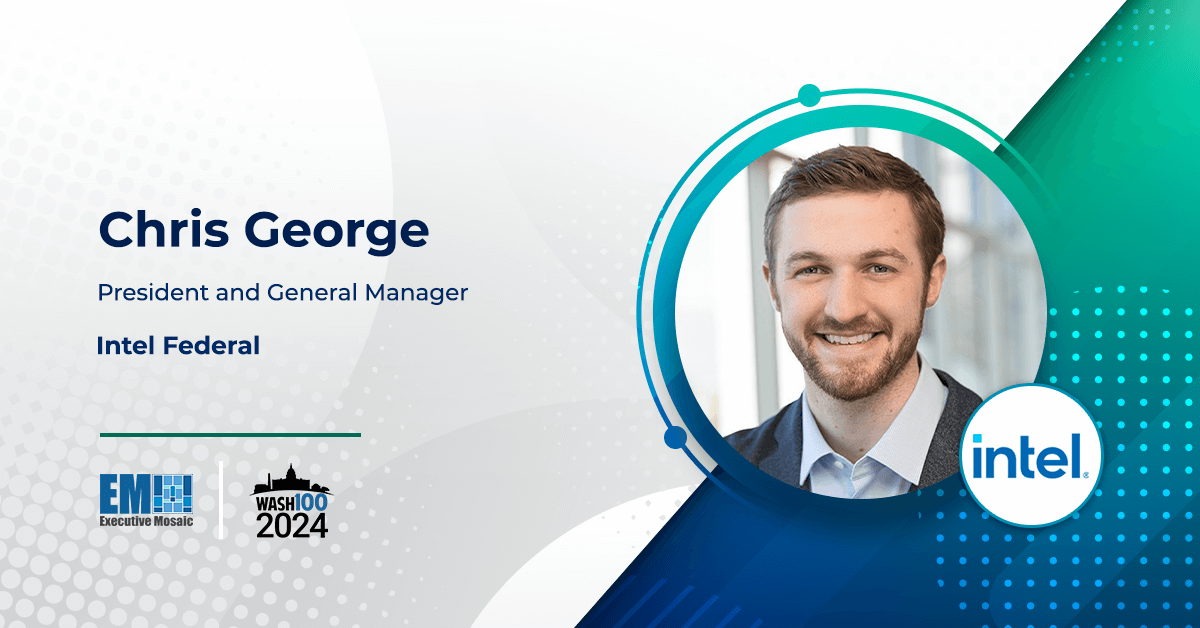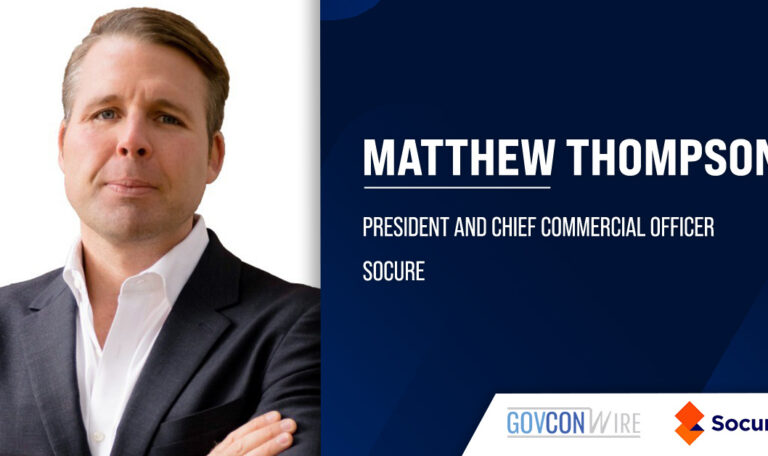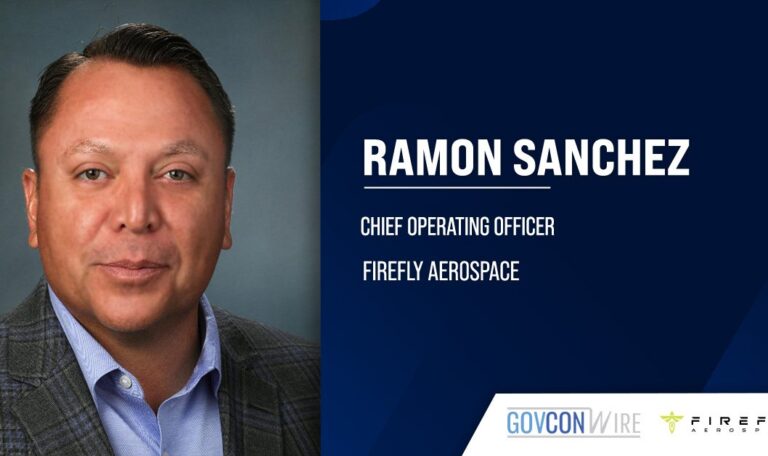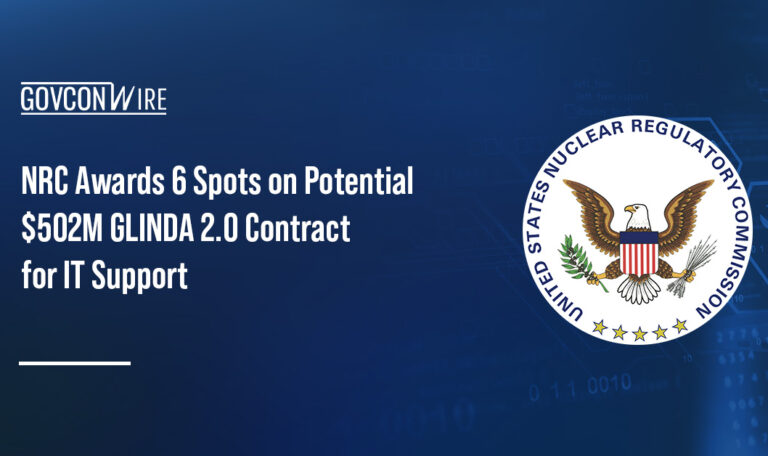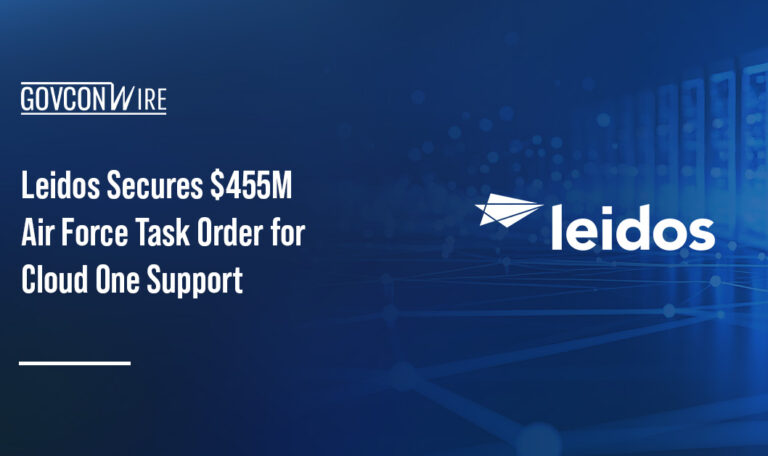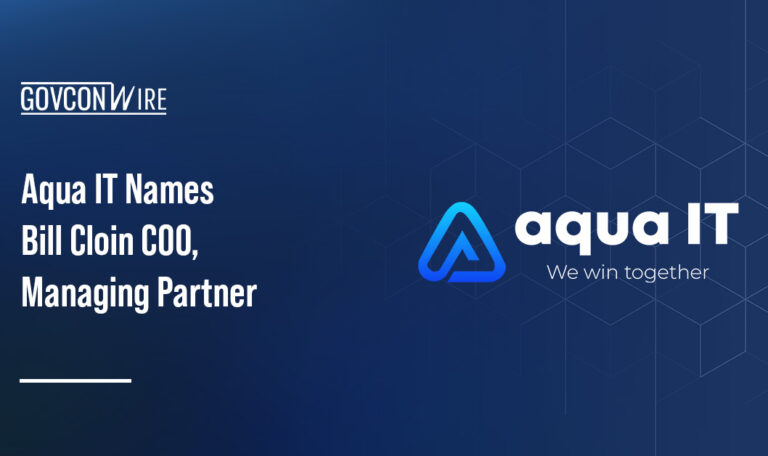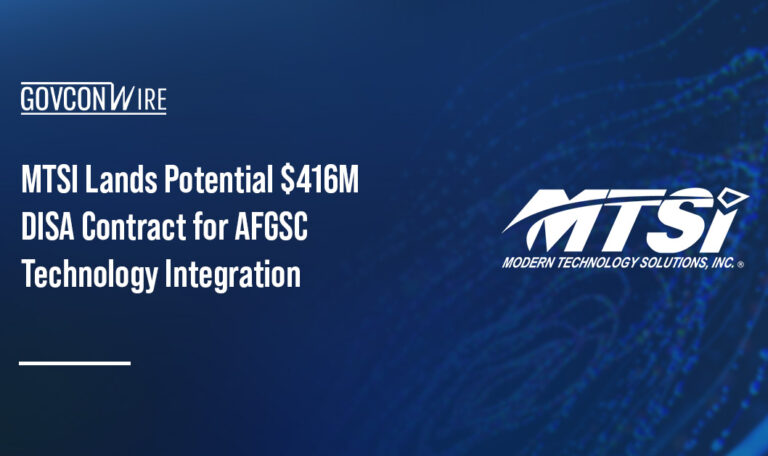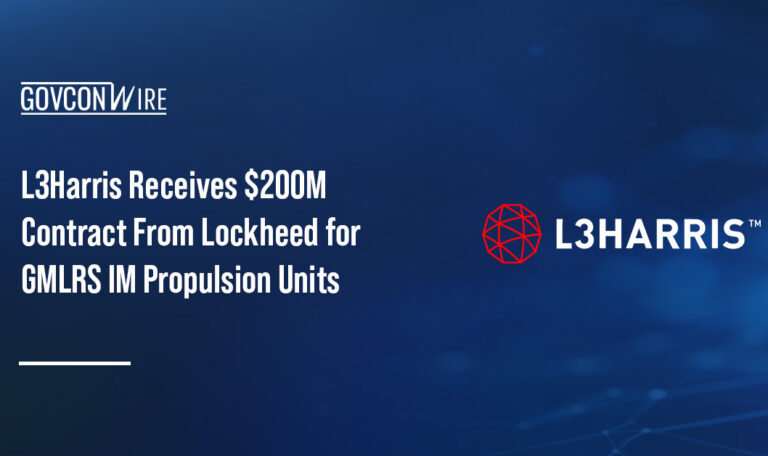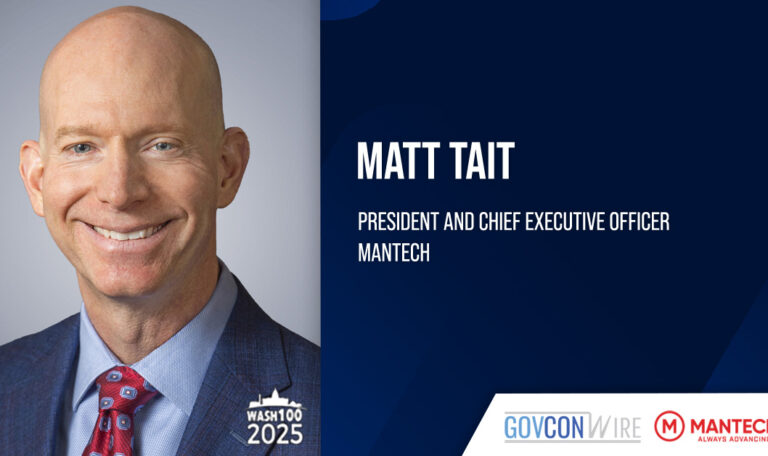Intel (Nasdaq: INTC) has secured up to $3 billion in CHIPS and Science Act funding to work with the Department of Defense to broaden the production of secure semiconductors for the U.S. government and ensure the security of the domestic chip supply chain as part of the Secure Enclave program.
The company said Monday Secure Enclave builds on its previous projects with DOD, including the Rapid Assured Microelectronics Prototypes-Commercial and State-of-the-Art Heterogeneous Integration Prototype programs.
Chris George, president and general manager of Intel Federal, said the company is proud of its ongoing collaboration with DOD to help strengthen U.S. defense and national security systems.
“Today’s announcement highlights our joint commitment with the U.S. government to fortify the domestic semiconductor supply chain and to ensure the United States maintains its leadership in advanced manufacturing, microelectronics systems, and process technology,” added George, a 2024 Wash100 awardee.
In November 2023, reports emerged that Intel could secure billions of dollars in Chips Act funding to build Secure Enclave facilities to manufacture chips that could power advanced weapons systems.
Expanded Collaboration With AWS
Intel has expanded its strategic collaboration with Amazon Web Services to accelerate U.S.-based chip manufacturing and create an artificial intelligence ecosystem in Ohio.
Under the expanded collaboration, the two companies will co-invest in custom chip designs under a multiyear framework covering Intel’s products and wafers. Intel will also build an AI fabric chip for AWS on its process node, called Intel 18A, and make a custom Xeon 6 chip on Intel 3.
“Intel’s chip design and manufacturing capabilities, combined with the comprehensive and broadly adopted cloud, AI and machine learning services of AWS, will unleash innovation across our shared ecosystem and support the growth of both businesses, as well as a sustainable domestic AI supply chain,” said Intel CEO Pat Gelsinger.
“By co-developing next-generation AI fabric chips on Intel 18A, we continue our long-standing collaboration, dating back to 2006 when we launched the first Amazon EC2 instance featuring their chips. Our continued collaboration allows us to empower our joint customers with the ability to run any workload and unlock new AI capabilities,” said AWS CEO Matt Garman.
Intel also expects to expand its partnership with AWS on designs covering Intel 18A, Intel 18AP and Intel 14A.
Intel Foundry as Independent Subsidiary
Gelsinger also announced the technology company’s plans to make Intel Foundry an independent subsidiary as part of efforts to provide external foundry suppliers and clients with “clearer separation and independence from the rest of Intel” and gain flexibility to assess independent funding sources and “optimize the capital structure of each business.”
In a letter to employees, the chief executive noted that Intel will establish an operating board composed of independent directors to oversee the subsidiary in support of its efforts to promote transparency, accountability and optimization.


